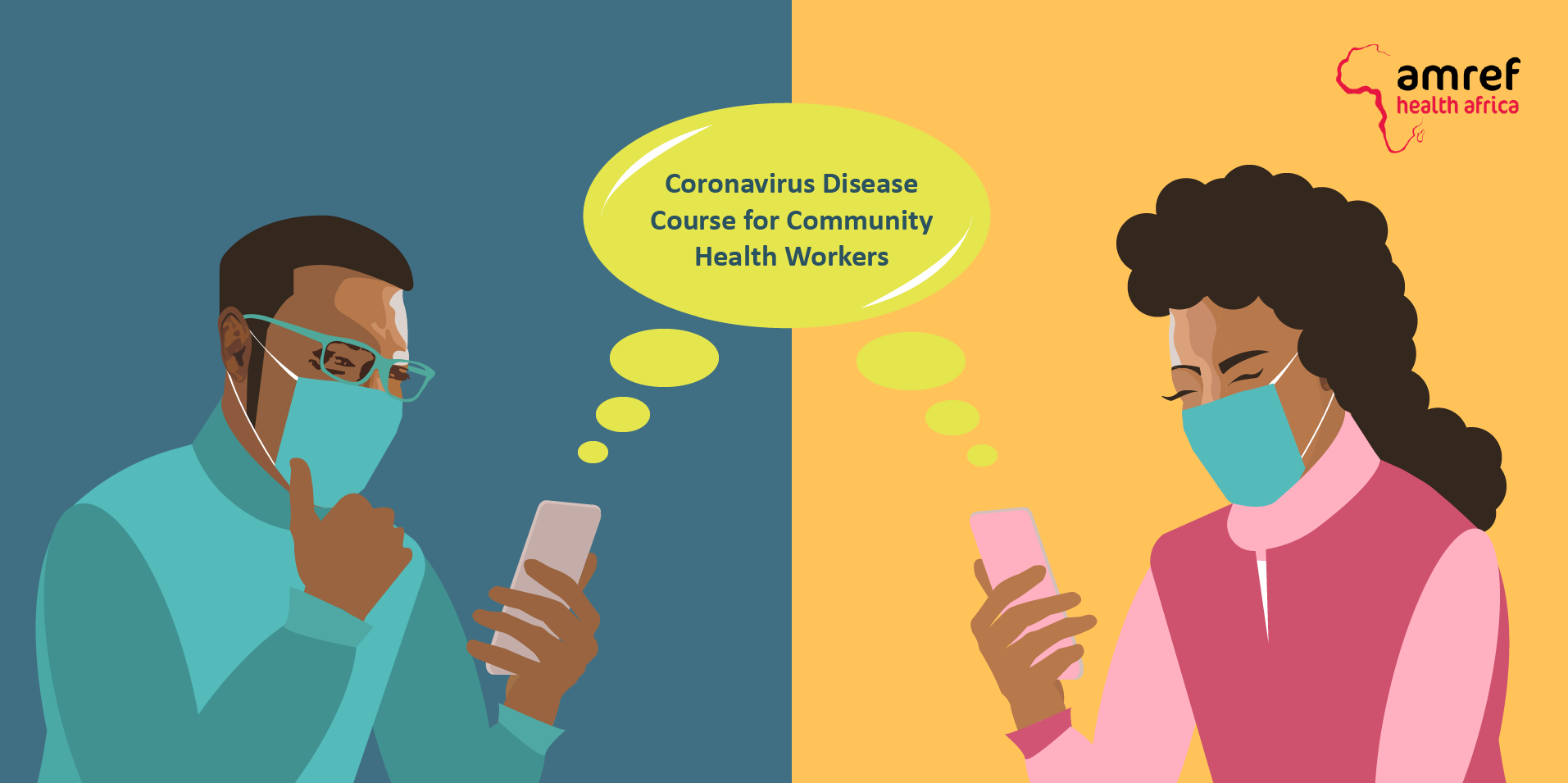

Design by: Mbarak Twahir.
Authors: Leticia Buluma, Edna Osebe, Alvina Makumbane, Boniface Hlabano
The COVID-19 pandemic has had a huge impact across the globe. Livelihoods have been lost, hopes shattered and sadly, many lives lost.
South Africa (SA) has not been spared. As of January 25th 2021, the confirmed cases were 1,412,986 with 40,874 deaths. The high prevalence of underlying diseases in the country includes hypertension, cardiovascular disease, respiratory disease, undernutrition, HIV and tuberculosis; these increase the likelihood of more severe COVID-19, which may cancel out any demographic advantages of younger population structures. Therefore, it became imperative to provide the populace with clear, concise and actionable steps to prevent the spread of COVID-19 in SA.
Technology, an enabler in combating COVID-19
The pandemic came with many restrictions, guidelines and advisories provided by the government that made it almost impossible to deliver health education in the traditional face-to-face approach. This informed the need to adopt digital learning to efficiently and effectively reach the general public with much needed information on COVID-19.
Keeping in mind the health structure in SA, working with Community Health Workers (CHWs) proved to be the most viable option to reach community members. In SA, CHWs provide community-based services including health promotion, disease prevention and management of common illness at the household level. They are the most accessible workforce who, when properly trained and involved, are able to stop the spread of COVID-19 and ensure that individuals and groups take protective measures.
Community Health Workers, the heroes on the ground
It is for this reason that a digitised course titled “Coronavirus Disease Course for Community Health Workers” was developed to complement any face-to-face training interactions with the CHWs. This digitised course was designed as a self-paced course, rolled out over a 7-week period through Amref Health Africa’s eCampus platform and JIBU mobile learning application. Four (4) modules were designed for the course ranging from ‘Overview of Coronavirus Disease’ to ‘What to do if there is a Case of Coronavirus or Suspected Case in the Community’, ‘Social Stigma and Risk Communication’ And ‘CHW, Field Activities and Personal Protective Equipment.’ Webinars were organised to orient Trainers-of-Trainers (ToTs) on the developed digitised learning material so as to cascade it down to the CHWs. The deployment of the course through this blended approach was aimed at unpacking COVID-19 to CHWs who would in turn educate their household members on critical information necessary during this pandemic.
Conclusion
The initiative was developed and rolled out by Amref Health Africa through Amref South Africa and the Institute of Capacity Development’s eCampus. This phase targets 650 CHWs with much-needed education on COVID-19. Amref Health Africa will continue to follow up on the progress and the impact at the community level.
Achuman Emoni stretches her hands, illustrating the vast distance she has travelled to reach the…
During a session held at Africa Health Agenda International Conference in Kigali, Rwanda, on 4th…
Amref Health Africa, in collaboration with the Turkana County Department of Health Services, introduced the…
Amref Health Africa, in collaboration with the Turkana County Department of Health Services, introduced the…
Over the past six years, Amref Health Africa has positioned itself as a leading voice…
Africa has made significant strides in advocating for health research and development, yet gaps in…